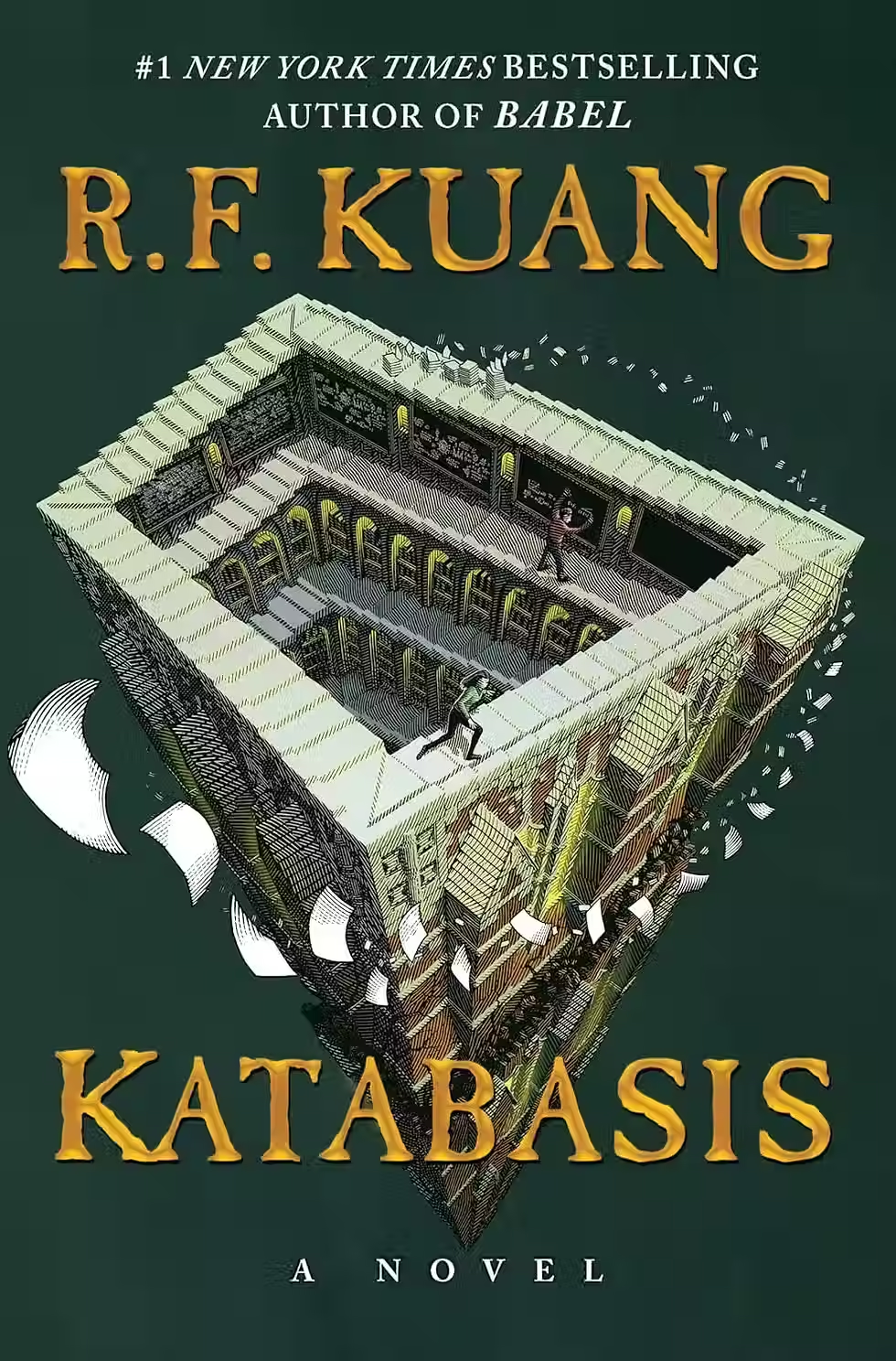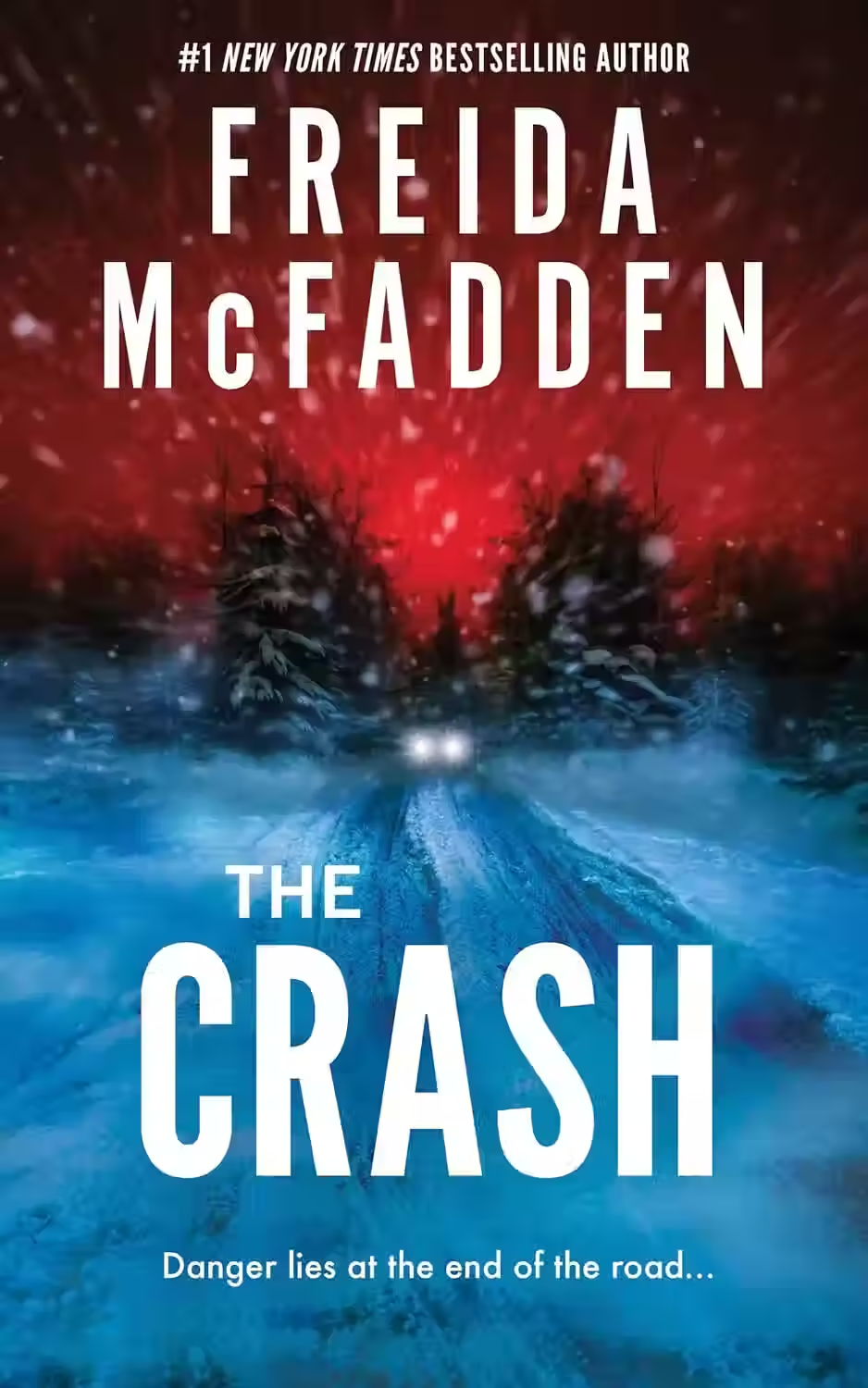Katabasis – R.F. Kuang – Book Analysis & Review
- Margaret Borny

- Jul 1
- 4 min read
Complete Review and Analysis.

Title: Katabasis
Author: R. F. Kuang (Rebecca F. Kuang)
Publication Date: 2025
Language: English
Publisher: Harper Voyager
About the Author:
R. F. Kuang is a Chinese-American author and academic, known for her genre-defying works that blend fantasy, history, and critical theory. She gained prominence with The Poppy War trilogy and later with the literary sensation Yellowface. Holding degrees from Georgetown, Cambridge, and Oxford, Kuang brings an academic rigor to her fiction, exploring themes of power, identity, and cultural trauma. Katabasis continues her trajectory of bold, genre-bending storytelling.
Book Keywords:
Katabasis review, R. F. Kuang fantasy novel, dark academia fantasy, Katabasis book summary, Cambridge magical fiction, descent to hell novel, Magick fantasy 2025, Peter Murdoch character analysis, Alice Law Katabasis, best new fantasy books 2025
Critical Review
Introduction
Katabasis by R. F. Kuang is an audacious and unsettling fantasy novel that merges classical mythology with the grim anxieties of academic ambition. Inspired by the ancient trope of a hero's descent into the underworld, Kuang reframes the journey as one of emotional damnation, ethical compromise, and academic rivalry. This is a novel that sings with intelligence, psychological dread, and mythic power—Dante’s Inferno by way of Cambridge cloisters and magical secrets.
Plot Summary
Set in a fictionalized version of Cambridge University where Magick is a field of rigorous study, the novel follows Alice Law, an obsessive and solitary graduate student striving to become one of the great minds of her era. Her only goal: work under Professor Jacob Grimes, the most brilliant and feared scholar in the field.
But when Grimes dies in a mysterious magical accident—an event Alice suspects she may have triggered—her entire future collapses. Desperate, she discovers a forbidden text revealing the possibility of descending into the underworld to retrieve a soul. Alice begins preparing a katabasis: a journey to Hell, where Grimes’s spirit is trapped.
To her dismay, she is not the only one attempting the journey. Her academic rival Peter Murdoch—charismatic, brilliant, and infuriating—has also set his sights on retrieving Grimes’s soul, both for knowledge and for fame. Together, they form an uneasy alliance, descending into a realm that reflects not only mythic terror, but their deepest guilt, memories, and moral failures.
Character Analysis
Alice Law is one of Kuang’s most introspective and psychologically raw protagonists. Her mind is sharp, but she is often blinded by ambition and guilt. Alice’s narrative is riddled with internal contradictions—she is a seeker of truth who fears the truth, a loner who cannot bear to be alone. Her descent becomes as much an excavation of her soul as a rescue mission.
Peter Murdoch is an archetypal foil: a golden boy with a secret. At first, he seems like a stock academic rival, but Kuang masterfully reveals his complexity. He is tormented, sometimes vulnerable, sometimes manipulative—a figure who challenges Alice’s convictions and forces her to reckon with her own reflection.
Professor Grimes, though largely absent in the flesh, is a haunting presence. His mentorship is both a gift and a curse. In the underworld, his soul becomes a mirror to both protagonists’ insecurities and aspirations.
Key Themes & Motifs
Descent and Redemption: Katabasis means “descent,” and the novel treats the underworld not just as myth, but as metaphor—for failure, regret, and academic ego.
Academic Obsession: A central critique of toxic academic culture, the novel exposes the hollow pursuit of prestige and the mental breakdowns it cultivates.
Duality of Power: Magick is both a means of knowledge and control; its use reflects each character’s moral compass—or lack thereof.
Rivalry as Reflection: Peter and Alice are not opposites, but parallels. Their friction is not only academic but metaphysical.
Myth Reconstructed: Kuang reimagines Orpheus, Dante, and Eurydice through postmodern, psychological lenses. Hell is not punishment—it’s recognition.
Notable Quotes & Passages
“What is knowledge, if it only ever consumes us?”A question Alice poses in a moment of moral clarity, echoing the novel’s core tension between intellectual hunger and self-destruction.
“Magick doesn’t lie. People do.”A recurring line that reveals the ethical ambiguity of the world Kuang constructs.
“You do not return from Hell unchanged. The question is—what part of you stays behind?”This line, spoken by a guardian of the underworld, serves as the novel’s chilling thesis.
“We weren’t students. We were ghosts, drifting between libraries and illusions.”Peter’s reflection on the Cambridge they’ve known—haunted, competitive, and consuming.
Literary Style & Tone
Kuang’s prose is dense, lyrical, and laced with philosophical allusion. Katabasis blends the academic register of dark academia with visceral horror and moments of poetic clarity. The tone shifts fluidly from clinical detachment to feverish confession, immersing the reader in Alice’s psyche. Kuang's ability to intertwine literary elegance with genre tension places her among the most refined voices in speculative fiction today.
Conclusion
Katabasis is not just a novel—it is a confrontation. R. F. Kuang challenges readers to consider the cost of brilliance, the architecture of guilt, and the meaning of descent. Her blending of dark academia, fantasy, and classical myth makes Katabasis one of the most intellectually stimulating and emotionally devastating novels of 2025. For those who love Piranesi, The Secret History, or Inferno, this novel offers a journey worth taking—if you’re willing to lose a piece of yourself along the way.




Comments